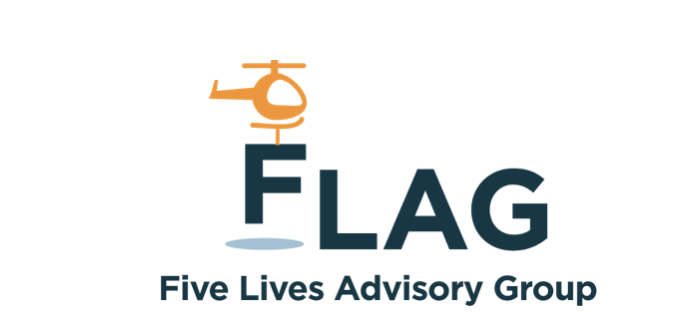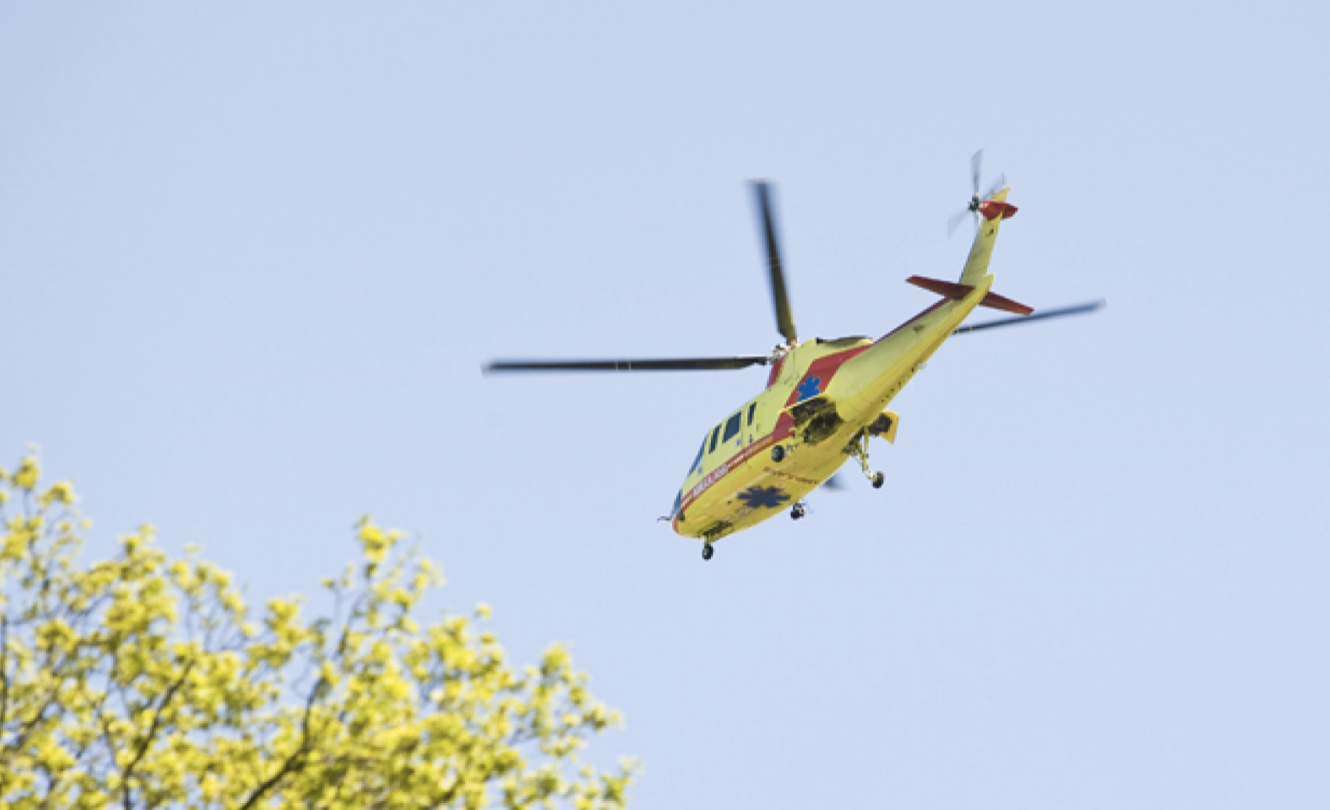The 5-LIVES Advisory Group (FLAG) has been created to join helicopter operators and national aviation authorities in an effort to harmonize the implementation of rotorcraft EGNSS (Galileo and EGNOS) operations at a European level.
And following its success in advising the 5-LIVES H2020 research and development project, FLAG has now been consolidated as the European focal point for coordination and harmonization of the implementation of satellite-based rotorcraft operations and, with the support of the European Global Navigation Satellite Systems Agency (GSA), will continue its work on the early implementation of satellite-based rotorcraft operations for emergency response, according to a GSA press release.
FLAG was chaired by PildoLabs and co-funded by GSA as part of the 5-Lives project and within the Horizon 2020 program. Now, following the success of the group, at the request of the user community and with support from GSA, FLAG will continue its work to promote the use of EGNSS in rotorcraft – one of the most effective means of ensuring a timely response in emergency situations.
Related Reading: The Cospas-Sarsat MEOSAR System: A Solution to Support ICAO GADSS Autonomous Distress Tracking Recommendation
The development of advanced operations and products based on the use of EGNSS represents an opportunity to provide a more efficient and safe service to society. With the support of EGNSS, rotorcraft operators will, in the near future, be able to fly at any time, any place and in all weather conditions, ensuring that European citizens get a more effective response in first aid or distress situations.

“Thanks to EGNSS, rotorcraft operators will be able to conduct 24-hour operations in instrument flight conditions, ensuring more immediate and effective responses to emergency or distress situations,” said Santiago Soley, CEO of PildoLabs, the Spanish aeronautical engineering company that chaired the FLAG working group.
Barcelona Meeting
In September 2018, with the support of Barcelona City Council, the GSA and EUROCONTROL, PildoLabs organized the 4th FLAG Working Group meeting at their Barcelona headquarters. The meeting brought together more than 40 experts, including representatives from the main rotorcraft OEMs, air navigation service providers, aviation authorities, rotorcraft operator managers and pilots, and the European Aviation Safety Agency (EASA).
Over the two days, attendees were updated on current implementation programs dealing with so-called Point-in-Space (PinS) and Low-Level Routes flight operations and were able to share experience and derive lessons learned, with a view to harmonizing the overall implementation process in light of applicable European and national regulations.
Those present also had the opportunity to talk to a representative from the U.S. Federal Aviation Administration (FAA), with broad experience on the implementation of these novel operations, and quite a high number of flight procedures being operated on a regular basis.
5-LIVES
The GSA-funded 5-LIVES R&D project aims to provide innovative EGNSS-based solutions to overcome various operational weaknesses identified in five different scenarios related to emergency and other critical missions: Helicopter Emergency Medical Service (HEMS) operations; challenging environments; firefighting helicopter displacement; maritime search; and firefighting rescue.
The project aims to expand the use of EGNSS in these rotorcraft operations, particularly where life is at risk. This is being done by demonstrating the benefits of EGNSS in diverse search and rescue operations, such as maritime search and rescue assisted by an EGNSS-enabled RPAS, or firefighting evacuations using EGNSS-equipped ground units and rescue helicopters.
By fostering research into innovative concepts, demonstrating the technical feasibility of advanced navigation procedures in constraining environments, and showing the operational gains that these have in historically inaccessible markets, the project will help embed EGNSS technology in rotorcraft operations and increase the effectiveness and safety of rotorcraft emergency response and search and rescue.






